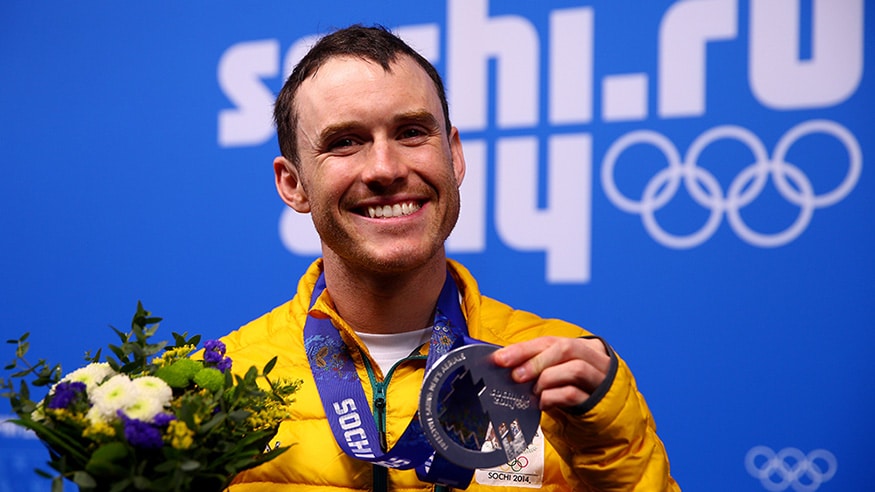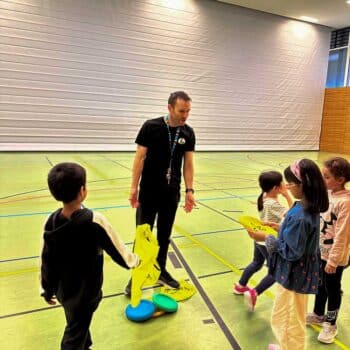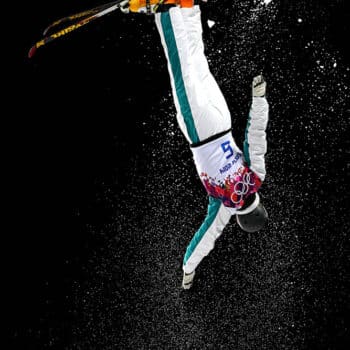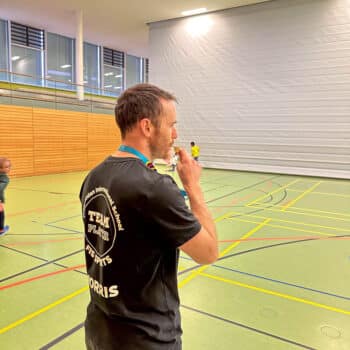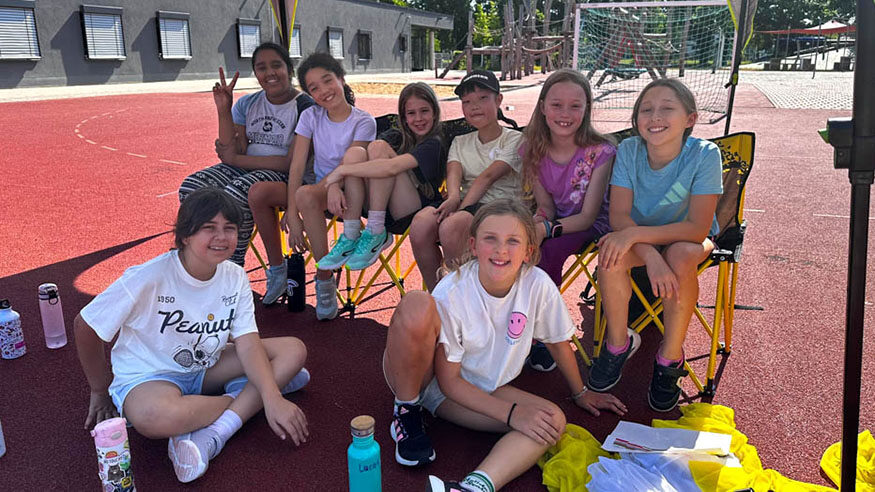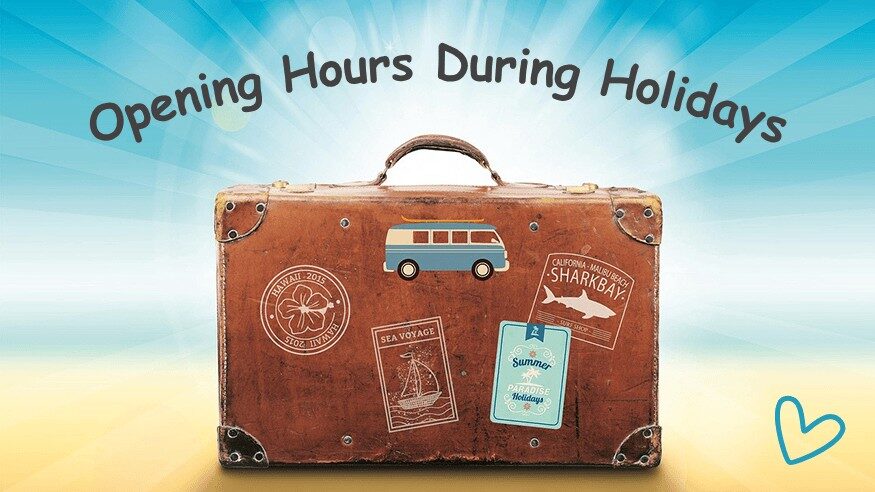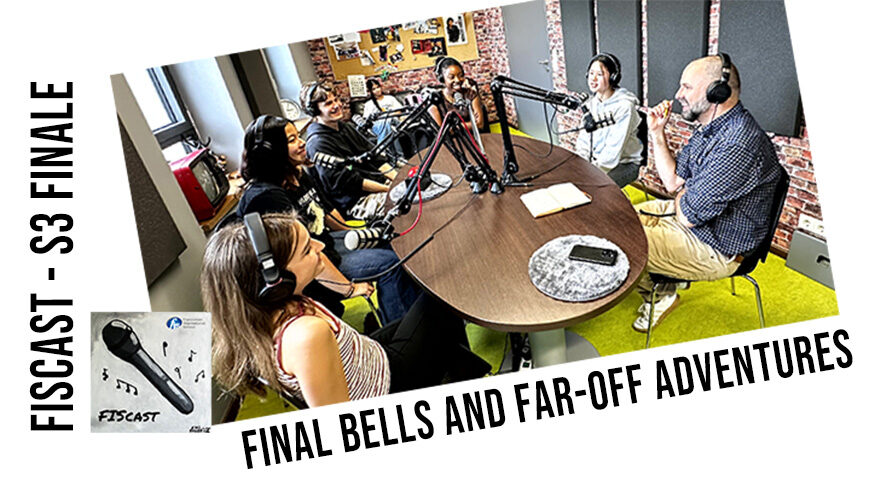The FIS is undoubtedly rich in individuals with extensive international experience and remarkable backgrounds. We take great pride in sharing this diverse wealth of expertise with our entire community. Among these individuals is David Morris, an Australian aerial skier, Olympic medalist, and substitute teacher with ambitious aspirations. In a recent conversation with David, we took a closer look at his experiences at the FIS, exploring the ways in which his athletic background influences his teaching approach and discussing his insights on overcoming fear and doubt.
What is your role at the FIS and what do you most like about it?
“I am currently a substitute teacher at the FIS, and have been fortunate to be given this position with the plan to become a full-time teacher in the near future. I absolutely love being a substitute teacher and I think it’s a great way to be introduced into the school environment as I fill in for lots of different classes and get to meet almost every student in the school. I’ve taught everything from early years to year 12 and get to interact and connect with each different age group. My profession lies in teaching physical education and mathematics and when I can fill in for these classes I am really in my element.”
How did you get to the Erlangen area, and how did you start teaching at the FIS?
“I have recently moved to Germany from Australia after marrying a lovely German girl. I wanted to continue my teaching profession and applied for positions at the FIS with the intention of working here permanently. Initially, I was quite nervous as this is a totally different environment and setting to what I’ve known but the staff at the school were extremely accommodating and helped answer any of my questions and assisted in getting me settled and comfortable so quickly. I feel very lucky to be here now in such a friendly and community environment where I already feel a connection to the school. I look forward to being a constant presence here in the future and contributing my knowledge and enthusiasm to the learning environment.”
How do you use insights and learnings from your sport in your teaching?
“Sport imitates life really well, and there are so many lessons to take from sports to incorporate into life and also teaching. In sports, things do not always go as planned, but we need to reset and try again the next day, or change the approach in order to achieve a goal. Teaching is similar in that sometimes a lesson will work very well, but it won’t work with a different group. This doesn’t necessarily mean it’s a bad lesson, it may work the next time or it may work with one group more than another. The same approach is needed in resetting and trying again, or coming in with a slightly different approach to achieve the lesson goal.
In sports everyone learns differently, we have visual, kinesthetic and auditory learners. Each person learns best when presented with their preferred method and this is the same everywhere. When I teach I start with the method that makes the most sense and then branch out to broader explanations, or use diagrams to explain, or work through problems with students until we have tapped into their learning style and things begin to make sense to them.
From competing in high-level sport I have been trained with the strong belief that almost any goal can be achieved if you continue working at it, and that coming across new and unknown things is just a challenge to improve these things rather than shying away from them. I like to encourage all students to give everything a red hot go, not be put off by failure or the unknown, not to be discouraged when something is outside of their ability level or comfort zone but rather take on the challenge with a desire to improve. When we work at anything, we improve, and with improvement comes enjoyment and you can, in the end, enjoy or at least appreciate everything that you are doing. But this, of course, is a choice, and my job is to guide everyone to choose to learn from everything they’re presented with.”
Listen to David in FIScast episode 13 (Athletes and Academics) on Apple Podcasts, Spotify, or Buzzsprout.

